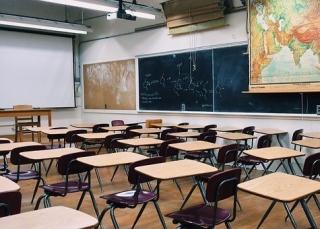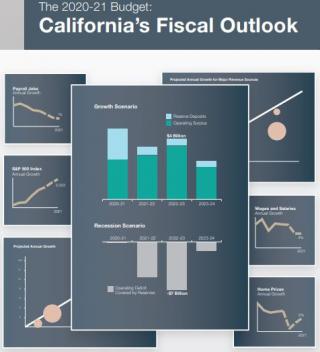Ting Proposal To Require School Reopenings In Most Cases During Pandemic
 (Sacramento) – Parents are worried about the effects distance learning is having on their children, especially when they look to markers such as student achievement, social development and emotional distress. Given the growing toll of shuttered classrooms, Assemblymember Phil Ting (D-San Francisco) today introduced AB10, requiring public schools to reopen under most circumstances during the pandemic when infection rates drop.
(Sacramento) – Parents are worried about the effects distance learning is having on their children, especially when they look to markers such as student achievement, social development and emotional distress. Given the growing toll of shuttered classrooms, Assemblymember Phil Ting (D-San Francisco) today introduced AB10, requiring public schools to reopen under most circumstances during the pandemic when infection rates drop.
“As a father, I worry about all the learning loss occurring and the millions of kids who are falling behind, as a result of our sole reliance on remote teaching – not to mention the impacts of social isolation. Schools in other states and countries have prioritized in-person learning during COVID-19 and have done so without major outbreaks. California ought to follow that path,” said Ting.
Last month’s Journal of the American Medical Association study found learning loss experienced by elementary students in the first three months of the pandemic could shorten their life span, collectively resulting in more than five million fewer years of life. Under AB10, starting March 1, 2021, schools allowed to open under state and county health orders (those in the Red, Orange, or Yellow tiers) must implement a plan to do so within two weeks, setting a clear threshold for when in-person instruction resumes. Local districts can still decide for themselves which in-person model best fits their student and workforce needs, including a hybrid format of both in-person and distance learning.
“Schools should be ready to open as soon as public health authorities allow it. Distance learning is ineffective for many students. We must bring students back into the classroom with safety measures in place as soon as possible to prevent further learning loss,” said Joint Author Assemblymember Patrick O’Donnell (D-Long Beach), Chair of the Assembly Education Committee.
"This bill is essential to guarantee the safe reopening of our schools. We have to make sure measures are already in place to reopen, and we must protect the kids who have fallen behind in distance learning,” said Joint Author Assemblymember Kevin McCarty (D-Sacramento), Chair of the Assembly Budget Subcommittee on Education Finance.
 Sacramento - Assemblymember Phil Ting (D-San Francisco), Chair of the Assembly Budget Committee, released the following statement about California’s latest
Sacramento - Assemblymember Phil Ting (D-San Francisco), Chair of the Assembly Budget Committee, released the following statement about California’s latest